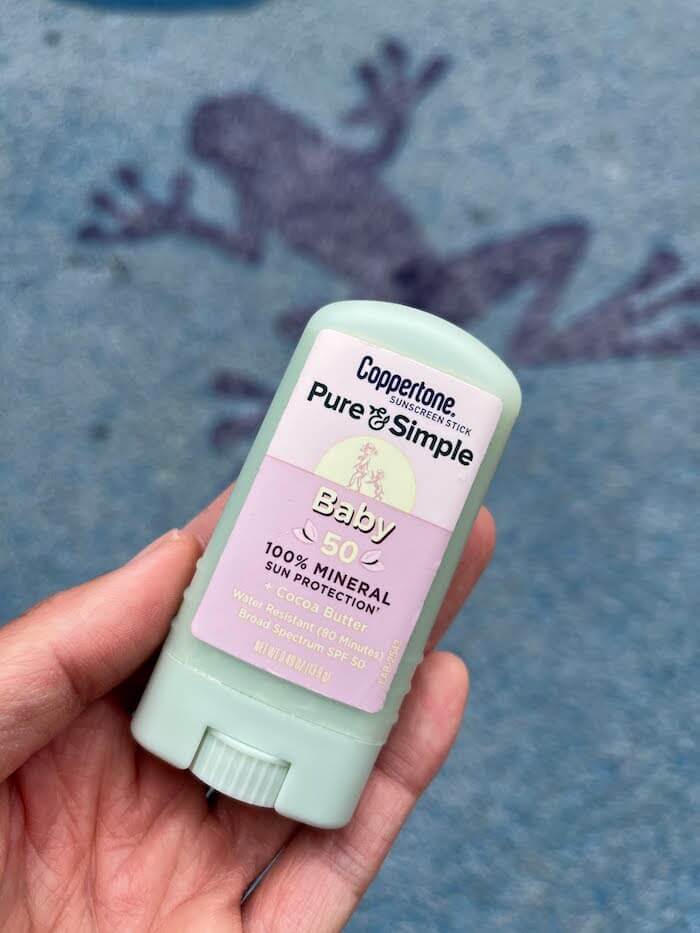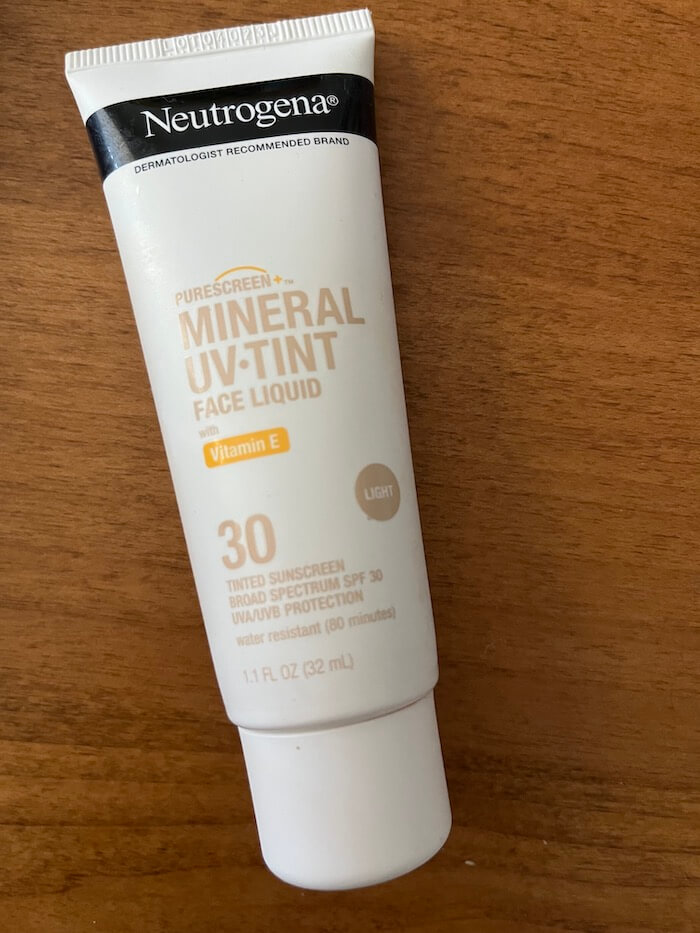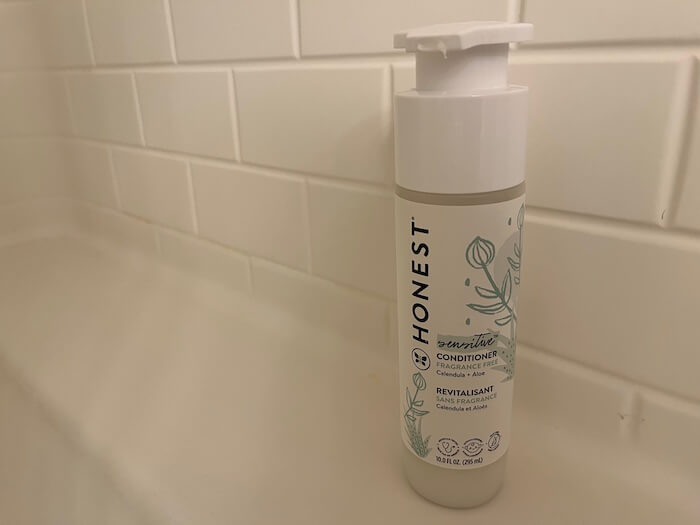How to choose natural shampoo for healthier hair
According to my hair stylist, using more natural hair care products can help reduce frizziness. But determining what 'natural' means is harder than it seems.
I only get a haircut two to three times a year, because: I’m lazy and my hair grows at a snail’s pace. But every time I do, I always ask my hair stylist for tips on choosing a shampoo and conditioner that will make my hair healthier and less frizzy. One stylist recommended Aveeno shampoo, which is something I still include in my rotation. The other day, I asked my hair stylist for her thoughts, and she recommended shopping for “natural” hair care products at Whole Foods and VitaCost, an online retailer.
non sequitur: musings on haircuts + being female
But first, let me take a moment to give some love to QB House, a Japanese hair salon chain that’s known for its efficiency. If you go here, expect a no-frills experience: No shampooing, no head massage, just a haircut and you’re out the door in 10-20 minutes (assuming there’s no wait). They even vacuum up the loose bits of hair after you’re done, so you don’t have to go around with an itchy neck. Best of all, it only costs $20, regardless of your gender or length of hair. I’ve always felt that it was unfair for hair salons to charge more for women’s haircuts than men’s haircuts, and extra for people who have longer hair.
I can’t help but suspect that it’s yet another way to make women (who, let’s face it, are usually the ones with longer hair) pay extra. If you think I’m paranoid, I urge you to check out this illuminating research from the New York City Department of Consumer Affairs (DCA), which analyzed 800 products and concluded that women’s products cost more than similar/comparable products marketed to men, a whopping 42 percent of the time. At the same time, women still earn only 82% of what men earn, according to analysis from the Pew Research Center.
Before things get more depressing, let’s switch the topic back to the recommendations I got from my friendly QB House hair stylist. She recommended buying natural shampoos and conditioners from a website called VitaCost. She also said that Whole Foods was a good source of more natural hair care products, and named Whole Foods’s own brand of products, 365 Everyday Value, as an affordable option. Good to know!
What’s natural hair care anyway?
It’s important to remember that “natural” is not necessarily the same thing as gentle or non-allergenic. It’s not a regulated word, so any product can call itself natural without meeting any standard guidelines. It also doesn’t mean that the shampoo or conditioner is any less likely to cause irritation. However, I do think that it’s important to try using a range of shampoos and conditioners before you find the right one that will make your scalp and your hair happy.
According to this report, shampoos with a pH that is more alkaline (>7) are more likely to aggravate friction and frizziness. More hair salon products tended to have a lower pH, while 100 percent of all children’s shampoos included in this study were shown to have a pH > 5.5. From the results, it seems that if you have frizzy hair, you should avoid shampoos that are targeted to children, and choose lower-pH shampoos if possible.
My ongoing search for fragrance-free shampoo
Recently, I’ve been looking into fragrance-free shampoos and conditioners, so this recommendation from my hair stylist came at the right time. VitaCost has a “fragrance-free” filter on its site, which narrows down its selection of shampoos from 393 to just 12 options. That just tells you how unpopular fragrance-free hair care is in general. Hopefully that will change in the future!
Out of those 12, some of the more promising contenders include:
- The Seaweed Bath Co. Moisturizing Argan Shampoo: contains seaweed extract, argan oil, hyaluronic acid, castor seed oil, and panthenol.
- Alaffia African Black Soap Unscented: contains just a handful of ingredients, including fair-trade saponified shea butter and fair-trade palm kernel oil. I actually picked this up at Whole Foods a few years ago and liked it quite a bit. It also doubles as a hand soap and shaving gel/cream.
- Desert Essence Organics Fragrance-free Shampoo: Contains lots of interesting beneficial ingredients like willow bark extract (an antioxidant that’s often included in skincare products like COSRX BHA Power Liquid to lend protective properties), aloe vera, sea kelp, and panthenol. It’s also available on Amazon, bundled in a 2-pack with fragrance-free conditioner.
Out of those 12 fragrance-free shampoos, I spotted a few potential red flags:
- EO Essential Oil Products Everyone Soap Unscented: The minimalist in me loves the concept of a shampoo that doubles as a hand soap and body wash. However, if you’re looking for the least potentially irritating fragrance-free all-in-one shampoo, I’d go with Alaffia African Black Soap Unscented instead. This particular “Everyone Soap” contains potentially irritating preservative, benzyl alcohol. It also contains lavandula hybrida oil, an essential oil that may help serve as a “natural” fragrance. And if you recall from my interview with an allergist here, essential oils can be irritating for people with sensitive skin.
- Jason Fragrance-Free Shampoo: This product also contains benzyl alcohol. But it also contains another potentially irritating preservative: sodium benzoate.
As you can see, it’s not so easy to choose an unconventionally “natural” shampoo, even after you filter for fragrance-free options. I’m excited to try one of these more natural options since they’re (naturally) sulfate-free, safe for color-treated hair, and potentially could make my hair feel and look healthier overall. I’d also like to reduce my exposure to fragrances in general, as I’ve noticed some irritation occurring from where my hair touches my chest and neck when I sleep, so I’m hoping that switching to more natural, fragrance-free hair care might help with that.




Share this post
RSS
Facebook
Reddit
Email